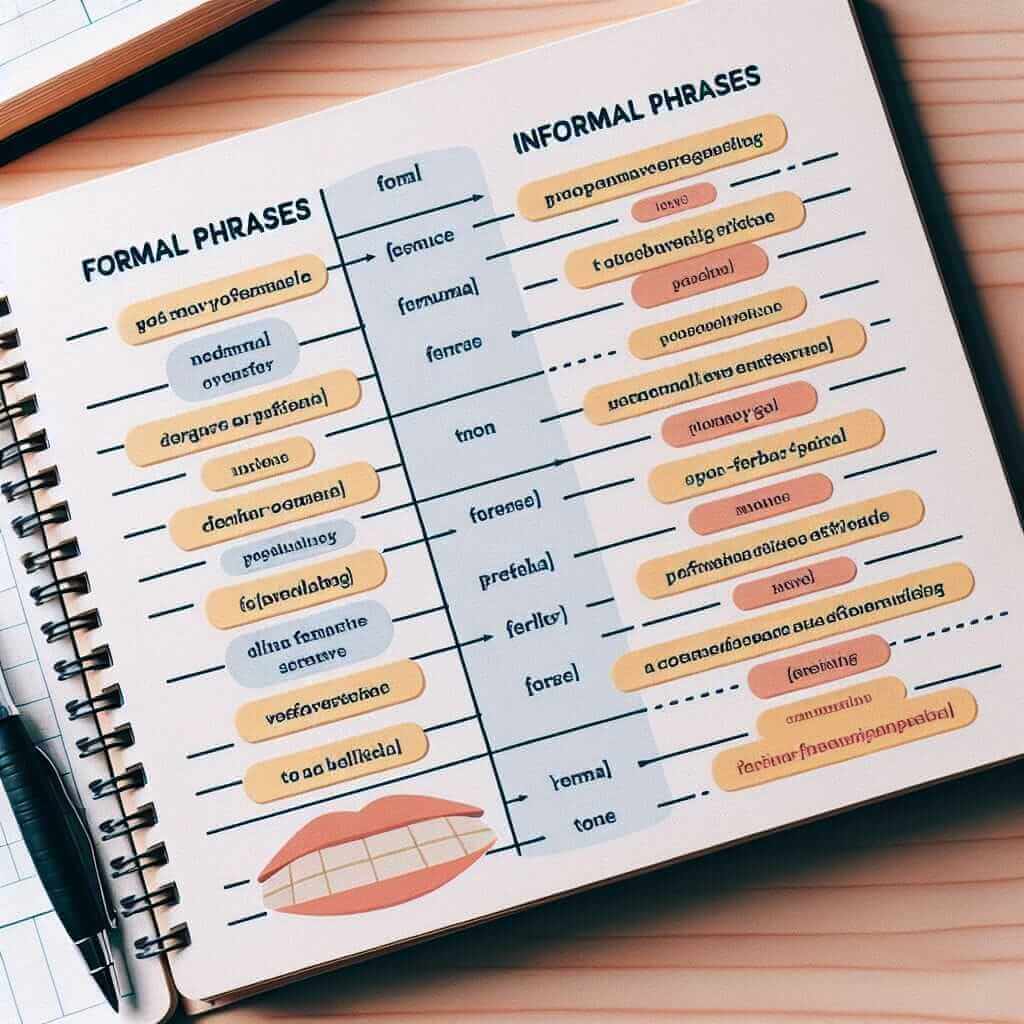Many IELTS candidates wonder if using phrases like “Should you need further information, contact us” is appropriate for their writing. While grammatically correct, it might not always be the best choice. This article delves into the nuances of this phrase and its alternatives, providing you with the knowledge to enhance your IELTS writing skills.
Let’s look at a few examples:
Example 1 (Formal Letter):
“Should you require any further assistance, please do not hesitate to contact our customer service department.”
Analysis: In this formal letter context, the phrase feels natural and appropriate. The conditional clause adds a touch of politeness and formality, fitting for professional correspondence.
Example 2 (Informal Email):
“Hey Sarah, if you need more info, just let me know!”
Analysis: Here, a more informal tone is adopted. Using “if” instead of “should” and simpler language (“more info” instead of “further information”) creates a friendly and approachable tone.
Example 3 (IELTS Essay):
“While this essay has explored the primary causes of climate change, further research is necessary to develop effective solutions. Should readers require more detailed information, a comprehensive list of academic sources is provided in the bibliography.”
Analysis: In this context, the phrase feels somewhat out of place. While not grammatically incorrect, it disrupts the flow of the essay and sounds overly formal for an academic paper.
Understanding “Should You Need Further Information, Contact Us”
This phrase employs a conditional clause (“Should you need further information”) to politely offer assistance or additional details. While grammatically sound, it leans towards a formal register, often found in business communication or official documents.
Is it suitable for IELTS Writing?
While not inherently wrong, its use in IELTS depends heavily on the context:
Suitable for:
- Formal Letters (General Training Task 1): When writing to a company or organization, the formality of the phrase aligns with the expected tone.
- Instructions or Directions: If providing instructions, this phrase can offer a polite way to direct readers seeking further assistance.
Less Suitable for:
- Essays (Academic and General Training Task 2): Essays generally benefit from a more neutral and academic tone.
- Informal Letters (General Training Task 1): Using this phrase in a letter to a friend would sound unnatural and overly formal.
Alternatives and When to Use Them
To achieve a more natural and contextually appropriate tone, consider these alternatives:
Formal:
- “If you require any further information, please do not hesitate to contact us.” (Formal letter/email)
- “For additional details, please refer to…” (Reports, essays)
- “Further information can be obtained by contacting…” (Instructions, announcements)
Neutral:
- “If you need more information, please contact us.” (General use)
- “For further details, please see…” (Essays, reports)
- “Contact us if you have any questions.” (General use)
Informal:
- “Just let me know if you need anything else.” (Informal letters/emails)
- “Feel free to reach out if you have any questions.” (Informal communication)
- “Happy to answer any questions you might have.” (Informal communication)

Achieving a Band 7+ in Grammar
- Context is Key: Demonstrate your understanding of register and tone by choosing phrases that align with the specific writing task.
- Vary Your Language: Using a range of grammatical structures and vocabulary showcases your language proficiency. Don’t overuse one particular phrase.
- Proofread Carefully: Ensure your writing is free from grammatical errors and maintains consistent formality.
Common Mistakes to Avoid
- Inconsistency: Switching between formal and informal language within the same piece of writing.
- Overusing Formal Phrases: Using overly formal language in contexts where a neutral or informal tone is more appropriate.
- Incorrect Prepositions: Pay close attention to the prepositions used with these phrases (e.g., “contact us for further information,” not “contact us with further information”).
Conclusion
While “Should you need further information, contact us” is grammatically correct, it’s crucial to be mindful of its formality. By understanding its nuances and employing appropriate alternatives, you can achieve a more natural and impactful writing style in your IELTS exam, ultimately boosting your band score. Remember to practice using different phrases in various contexts to enhance your command of English grammar and vocabulary.